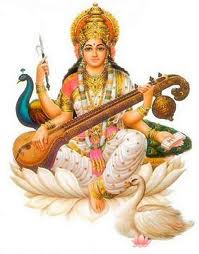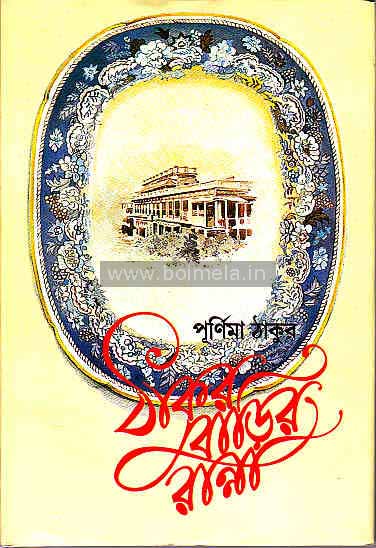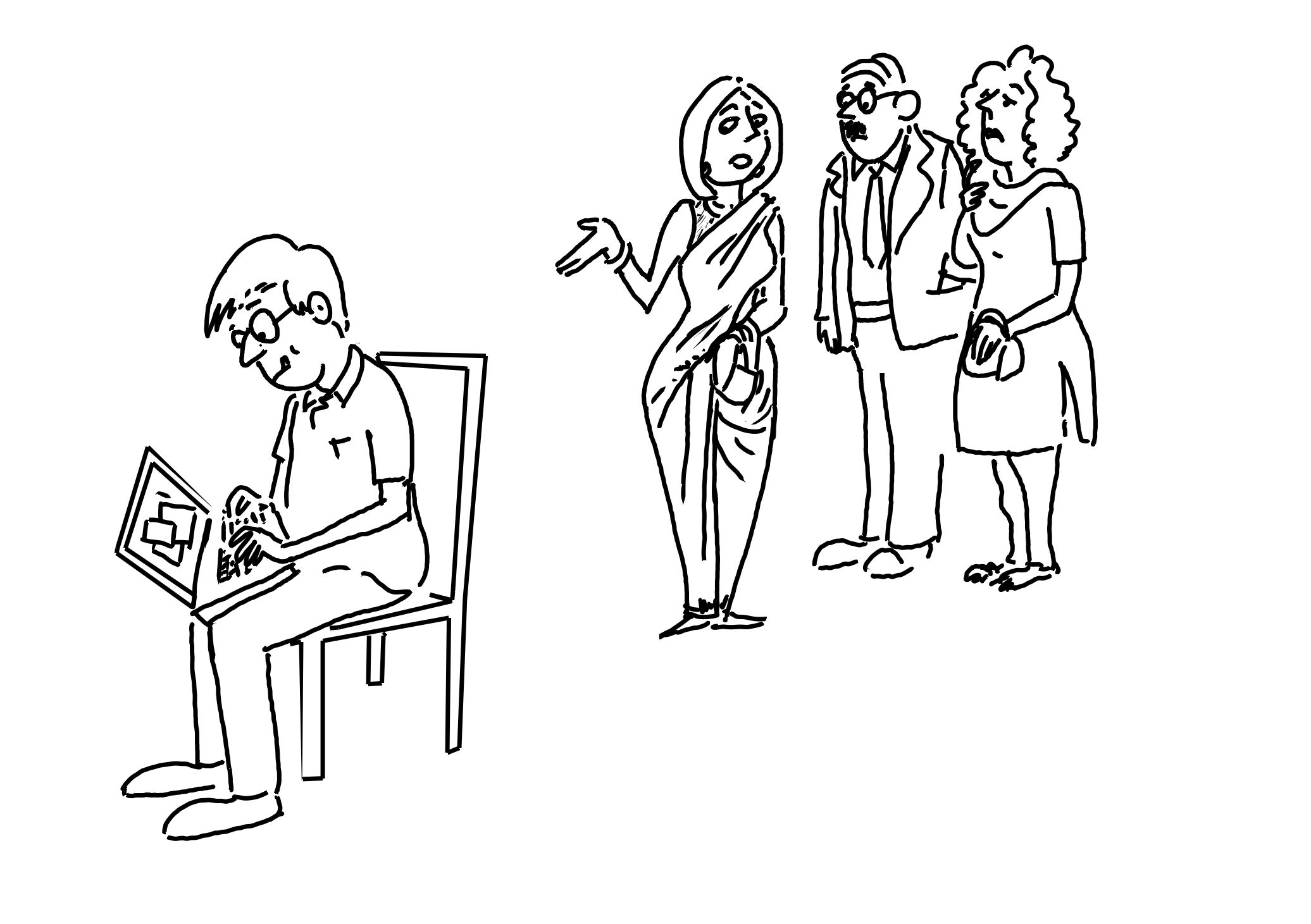 This year we are celebrating the hundred fiftieth birth anniversary of Rabindranath Tagore. In America several organizations are busy in preparing for the celebrations around the year. In New York and New Jersey, Cultural Association of Bengal (CAB) is joining hands with multiple organizations to hold multiple events in New York, New Jersey and Maryland. Amidst all this excitement, I was trying to look at this myriad minded genius from a different perspective – from the perspective of an expatriate Bengali, more specifically a Bengali American. And when I say Bengali American, I do not imply any national significance, rather I mean a Bengali speaking person living in America. I have been looking into this subject for more than a year now, and during the course of my so called research I have been fascinated in knowing a great deal about the history of expatriate Indians in America and their relationship with Tagore.
This year we are celebrating the hundred fiftieth birth anniversary of Rabindranath Tagore. In America several organizations are busy in preparing for the celebrations around the year. In New York and New Jersey, Cultural Association of Bengal (CAB) is joining hands with multiple organizations to hold multiple events in New York, New Jersey and Maryland. Amidst all this excitement, I was trying to look at this myriad minded genius from a different perspective – from the perspective of an expatriate Bengali, more specifically a Bengali American. And when I say Bengali American, I do not imply any national significance, rather I mean a Bengali speaking person living in America. I have been looking into this subject for more than a year now, and during the course of my so called research I have been fascinated in knowing a great deal about the history of expatriate Indians in America and their relationship with Tagore.
Monthly Archives: January 2011
Parenting Asian Style
 Recently Amy Chua is in the news. Her book “Battle Hymn of the Tiger Mother” has raised a storm in American households. Although many may not have read her book, but the excerpt published by Wall Street Journal was enough to enrage many parents who challenged Amy in all forms possible. To us, Indian parents, Ms. Chua’s parenting style is nothing new at all. Rather the western parenting style of protecting the delicate and fragile self-esteem of our children seems more foreign to us. We remember how we trembled to bring in our report cards that had less than 80% scores in front of our parents (well during our times 80% was a great score – letter marks, as we used to say). But after we came to this country, we learned that we should never exhibit our dissatisfaction when our child fails to deliver their best. We should keep encouraging them, tell them that they are doing great, even when their grades keep slacking. Positive reinforcement, we learned, was the key to success. Continue reading
Recently Amy Chua is in the news. Her book “Battle Hymn of the Tiger Mother” has raised a storm in American households. Although many may not have read her book, but the excerpt published by Wall Street Journal was enough to enrage many parents who challenged Amy in all forms possible. To us, Indian parents, Ms. Chua’s parenting style is nothing new at all. Rather the western parenting style of protecting the delicate and fragile self-esteem of our children seems more foreign to us. We remember how we trembled to bring in our report cards that had less than 80% scores in front of our parents (well during our times 80% was a great score – letter marks, as we used to say). But after we came to this country, we learned that we should never exhibit our dissatisfaction when our child fails to deliver their best. We should keep encouraging them, tell them that they are doing great, even when their grades keep slacking. Positive reinforcement, we learned, was the key to success. Continue reading
New Jersey Saraswati Puja
 Saraswati puja is a major Bengali religious and cultural festival, especially for the Bengali youth. Although Saraswati puja celebrates knowledge, learning and the fine arts, but it also had a romantic touch to it. The spring time weather, the mild warmth of sunshine, the red Krishnachura and Palash blooming all around – it is the perfect time for romance and Saraswati Puja. In this country (especially in the north east), Saraswati Puja is celebrated in the peak of winter – and just like the Goddess, the landscape around covers itself in white. We would have to cover our nice festive dresses in heavy winter clothing and trudge through snow, ice and slush to visit our revered Goddess of learning. But we the expatriates, many of whom are indebted to Maa Saraswati for her blessings, carry the warmth of spring in our heart. Just as we enter the Puja venue, we feel transported back to those days when we used to go around door to door to collect contributions for our club Puja, building and decorating the pandals, waking nights to decorate the venue and have a great time. We also had several rules that needed to be followed – like, we couldn’t eat “Kool” (the sweet and sour berry), no studying on the day of the Puja, and after the Puja write Saraswati’s name on the “Bel” leaves. No such restrictions need to be followed here, but sometimes we feel a small tinge when we see our kids missing out the fun. Continue reading
Saraswati puja is a major Bengali religious and cultural festival, especially for the Bengali youth. Although Saraswati puja celebrates knowledge, learning and the fine arts, but it also had a romantic touch to it. The spring time weather, the mild warmth of sunshine, the red Krishnachura and Palash blooming all around – it is the perfect time for romance and Saraswati Puja. In this country (especially in the north east), Saraswati Puja is celebrated in the peak of winter – and just like the Goddess, the landscape around covers itself in white. We would have to cover our nice festive dresses in heavy winter clothing and trudge through snow, ice and slush to visit our revered Goddess of learning. But we the expatriates, many of whom are indebted to Maa Saraswati for her blessings, carry the warmth of spring in our heart. Just as we enter the Puja venue, we feel transported back to those days when we used to go around door to door to collect contributions for our club Puja, building and decorating the pandals, waking nights to decorate the venue and have a great time. We also had several rules that needed to be followed – like, we couldn’t eat “Kool” (the sweet and sour berry), no studying on the day of the Puja, and after the Puja write Saraswati’s name on the “Bel” leaves. No such restrictions need to be followed here, but sometimes we feel a small tinge when we see our kids missing out the fun. Continue reading
Facebook Related Cartoons
Sometime ago, I had made few Facebook related cartoons that I had posted on Facebook. Let me post them here for those readers who are not on my Facebook friends list. Enjoy!
Cartoon 1: I’m unfriendly? My friend, I have more than 2000 friends on facebook and they never complain about my trash!
Cartoon 2: What can I say? This social media stuff has made him extremely unsocial.
Cartoon 3:
Cartoon 4:
From The Tagore Kitchen
 The other day, while rearranging the books in my tiny library, I chanced upon a tiny book titled “Thakur Barir Ranna” (Foods from the Tagore Kitchen) written by Purnima Tagore (daughter of Pramatha Choudhury and Nalini Devi). This year being the 150th birth anniversary of Rabindranath Tagore, anything related to Tagore generates special interest. Hence, after a long time, I started leafing through the book and was pleasantly surprised by the variety of cuisine and recipes listed in the book. In the preface, the author says that these recipes are collected from a recipe book handed down to her by her aunt, Indira Devi Choudhurani. Indira Devi, the favorite niece of Rabindranath Tagore, had never entered a kitchen or cooked on a regular basis. But whenever she liked a dish, she would make it a point to collect the detailed recipe from the cook and note it down in her book. Purnima Tagore has also included some of her own recipes in the book. Hence, it is not that all the recipes were from Jorsanko Thakurbari, but of course they are from the Tagore kitchens in general. Continue reading
The other day, while rearranging the books in my tiny library, I chanced upon a tiny book titled “Thakur Barir Ranna” (Foods from the Tagore Kitchen) written by Purnima Tagore (daughter of Pramatha Choudhury and Nalini Devi). This year being the 150th birth anniversary of Rabindranath Tagore, anything related to Tagore generates special interest. Hence, after a long time, I started leafing through the book and was pleasantly surprised by the variety of cuisine and recipes listed in the book. In the preface, the author says that these recipes are collected from a recipe book handed down to her by her aunt, Indira Devi Choudhurani. Indira Devi, the favorite niece of Rabindranath Tagore, had never entered a kitchen or cooked on a regular basis. But whenever she liked a dish, she would make it a point to collect the detailed recipe from the cook and note it down in her book. Purnima Tagore has also included some of her own recipes in the book. Hence, it is not that all the recipes were from Jorsanko Thakurbari, but of course they are from the Tagore kitchens in general. Continue reading




